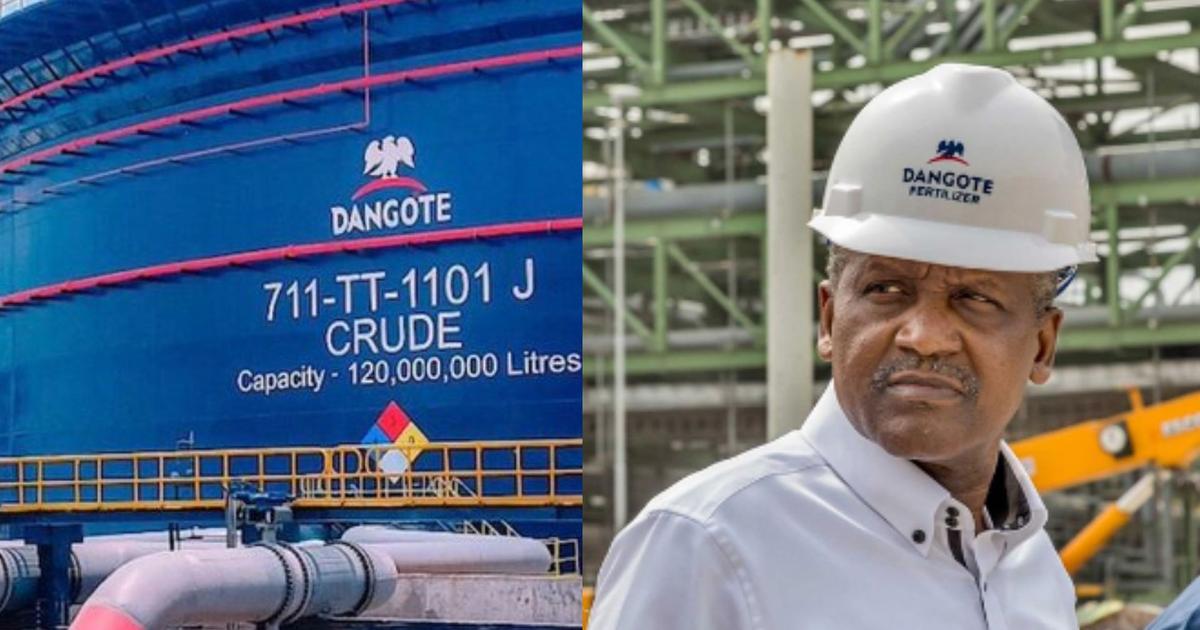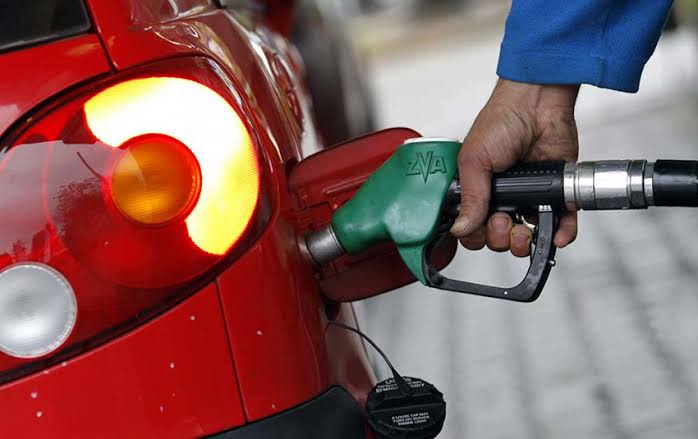A fresh wave of controversy has trailed the recent call by Alhaji Aliko Dangote, President of the Dangote Group, for refined petroleum products to be added to Nigeria’s import prohibition list.
Chief Sunny Onuesoke, Chairman and CEO of DAS Energy Services Limited, has openly condemned the proposal, warning that it could lead to economic disaster and skyrocketing fuel prices for Nigerians.…CONTINUEREADING


Speaking at the Global Commodity Insights Conference on West African Refined Fuel Markets, organised by the Nigerian Midstream and Downstream Petroleum Regulatory Authority in partnership with S&P Global Insights, Dangote urged the Federal Government to ban the importation of petrol, diesel, and other refined products.
He argued that such imports were crippling Nigeria’s refining industry and discouraging investment, citing protectionist policies adopted by countries like the United States, Canada, and EU nations as examples.
However, Onuesoke did not mince words in his reaction, describing Dangote’s request as “not only bad but dangerous.”
He warned that if implemented, the move could create a monopoly, pushing fuel prices as high as ₦5,000 per litre, similar to what Nigerians have experienced with cement pricing.
“We need a liberal market that allows anyone to import and sell refined petroleum products,” Onuesoke said.
“With the inconsistent operation of local refineries, banning imports would hand control of pricing to a few players, and that would spell doom.”
The former Delta State gubernatorial aspirant also challenged Dangote to win market share through competitive pricing rather than regulatory protection.
“Let Dangote bring down the price of his products to ₦200 per litre. That alone would push importers out of the market. Nigerians are smart, no one would go abroad to buy when it’s cheaper at home. He doesn’t need to use federal might to sideline competitors,” he added.
Onuesoke further advised the Federal Government to focus on sustainable reforms, including revamping Nigeria’s moribund refineries, encouraging modular refinery projects, and issuing licences and financial support for new refining ventures.
According to him, this approach would ensure competition, stabilise supply, and gradually reduce the country’s dependence on imported fuel.
“I’ve not seen much positive impact from either local or imported refined petroleum so far. Prices remain high.
The only sustainable way forward is to increase local capacity while maintaining market freedom,” he said.
As debate around Dangote’s proposal continues, many industry stakeholders and Nigerians alike are watching closely, wary of policies that could impact the already fragile economy and daily cost of living




